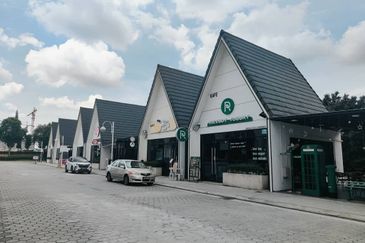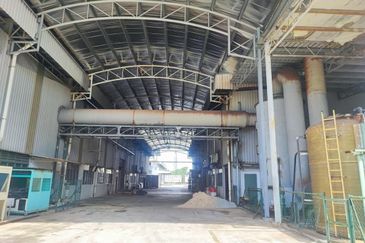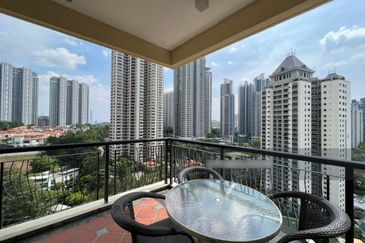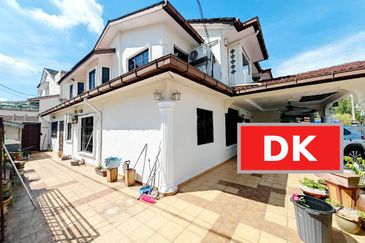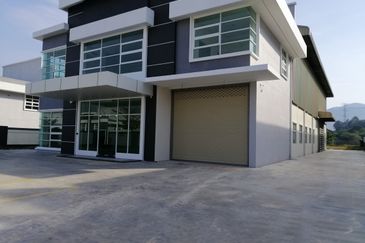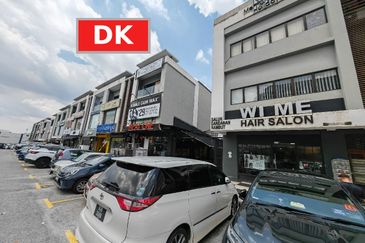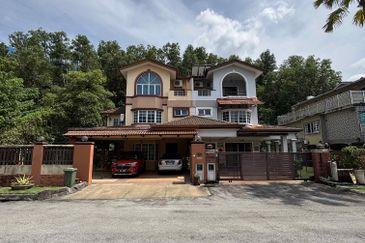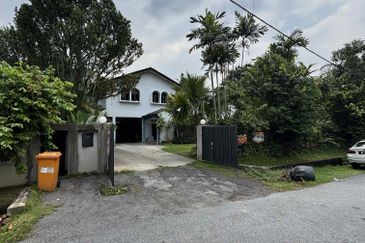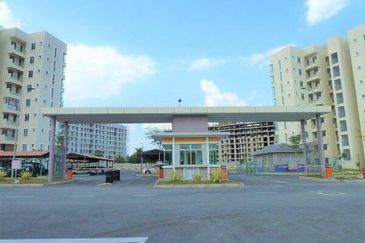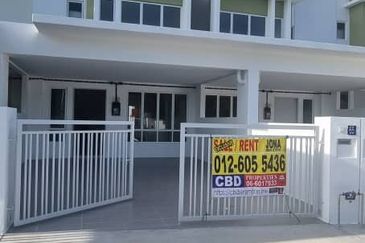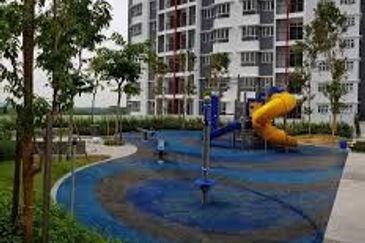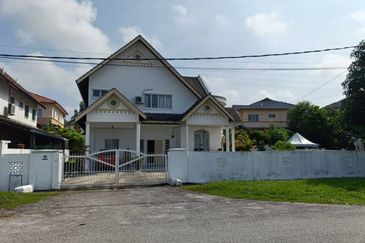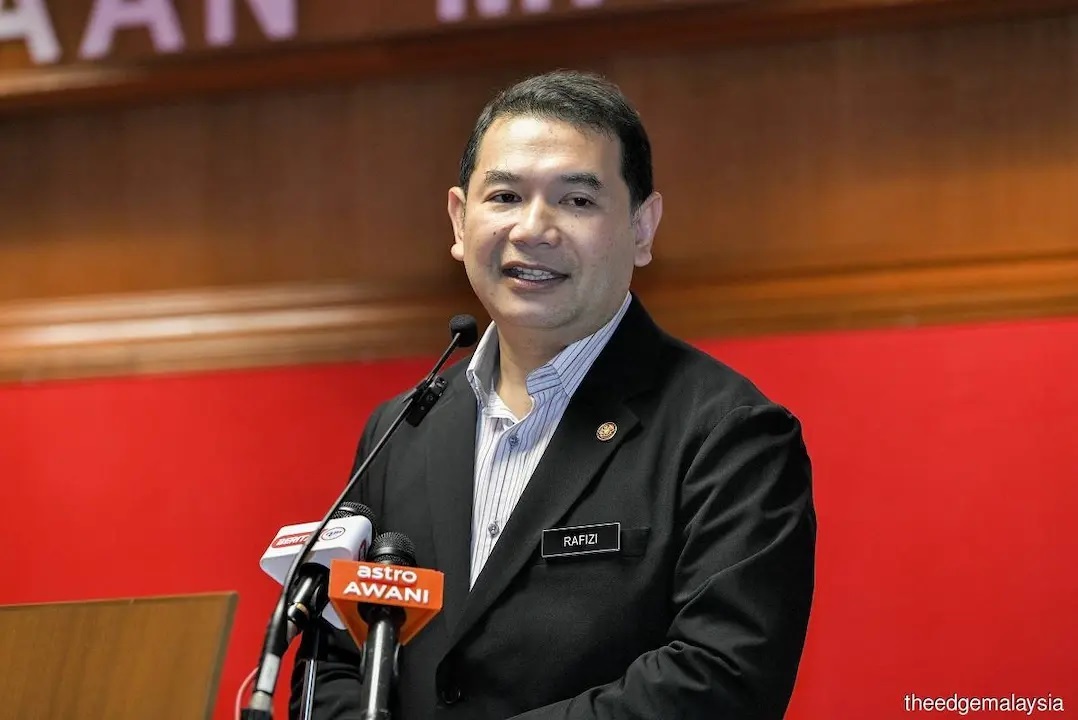
- Economy Minister Rafizi Ramli said this approach aims to prevent the government from repeating past mistakes and to mitigate the risk of wasting taxpayer money on infrastructure.
KUALA LUMPUR (July 11): Development of the Johor-Singapore Special Economic Zone's (JS-SEZ) infrastructure will be co-financed by the government and the private sector, Economy Minister Rafizi Ramli (pictured) said.
The JS-SEZ was established by the governments of Malaysia and Singapore to strengthen business ties and enhance connectivity between the two countries.
Rafizi said the Malaysian government has informed its Singaporean counterpart that it will not “blindly” allocate funds for infrastructure development; instead, it will be done in collaboration with private sector investors.
"The government will only consider establishing an infrastructure fund when there is private sector investment," Rafizi told the lower house of Parliament on Thursday during the ministerial explanatory session.
Rafizi said this approach aims to prevent the government from repeating past mistakes and to mitigate the risk of wasting taxpayer money on infrastructure.
"Previously, when there was a new industrial zone, we would spend money on the infrastructure and then seek investors. The government couldn't determine how much allocation was needed for infrastructure," Rafizi said.
Therefore, he stated that it would be best to wait for private sector investors to come in before the government provides a special fund to develop infrastructure.
Rafizi noted that this strategy would also ensure that the JS-SEZ attracts global investors, enabling Johor to compete with Vietnam, another favoured investment destination in Asean.
"The establishment of the JS-SEZ aims not only to attract investors from Singapore but also to offer global investors the 'best of both worlds', the sophistication of Singapore combined with the resource and cost advantages of Johor," Rafizi added.
He further highlighted that the JS-SEZ will focus on high-value, high-tech economic sectors as outlined in the National Energy Transition Roadmap (METR), the New Industrial Master Plan (NIMP) 2030, and the 12th Malaysia Plan.
JS-SEZ location
Meanwhile, Rafizi said the proposed JS-SEZ will span over 3,505 square kilometres, encompassing six local authorities in Johor.
The six local authorities included Johor Bahru, Iskandar Puteri, Kulai, Pasir Gudang, Kota Tinggi, and partially Pontian.
Rafizi mentioned that negotiations for the JS-SEZ are in their final stages, with a joint agreement expected to be signed in September this year.
"Malaysia has presented our framework and requests to Singapore and is awaiting their response. However, out of respect for the negotiation process, I am not authorised to disclose specific details," Rafizi added.
Looking to buy a home? Sign up for EdgeProp START and get exclusive rewards and vouchers for ANY home purchase in Malaysia (primary or subsale)!
TOP PICKS BY EDGEPROP
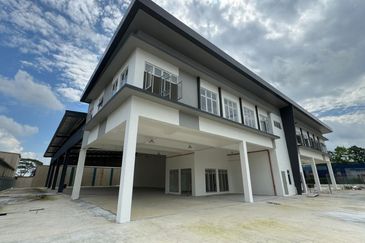
Taman Perindustrian Desa Plentong
Masai, Johor
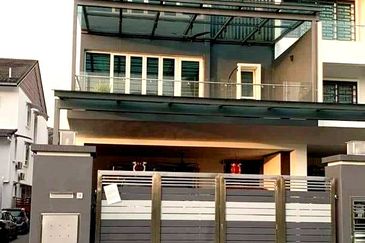
Taman Taming Indah 2
Bandar Sungai Long, Selangor
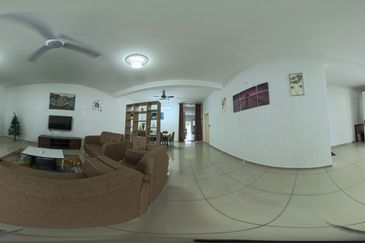
Ara Sendayan @ Bandar Seri Sendayan
Seremban, Negeri Sembilan
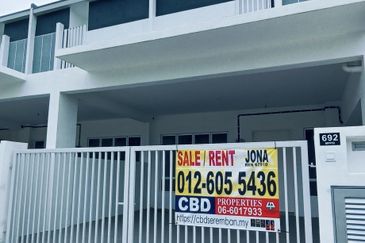
Bayu Sutera @ Celyn, Bandar Sri Sendayan
Seremban, Negeri Sembilan

hero.jpg?GPem8xdIFjEDnmfAHjnS.4wbzvW8BrWw)

